Throughout my teenage years, I was consistently fed a ubiquitous narrative that college would be the “best years of my life”. Yet, upon the end of the first semester of my freshman year at UC Santa Barbara and nothing but anxious “have I made a grave mistake” thoughts swirling in my head, this promised narrative was taunting me.
In the midst of this young, existential crisis, I felt I had two choices in front of me: decide that I indeed had made a grave error and wallow in my own self-pity or… decide to do something about it.
I chose door number two. Before throwing in the towel, I was determined to exhaust all my resources. So, I did something wildly unusual for my character: I decided to get involved in school activities.
Throughout my high school years, my family experienced some monumental mental health challenges. Therefore, “school spirit” and extracurricular activities weren’t necessarily on my radar. However, when nothing is working to change your present circumstance, one tends to become more open-minded to options previously dismissed.
It was in this headspace that one day, walking across campus, I stumbled into an A-frame sign that read: “Mental health peeps? Come check out this job opportunity!” A week later, sitting atop a squishy pillow on the floor of the Counseling & Psychological Services, I knew I had found the prize on the other side of door number two.
Getting involved on campus by finding a job that aligned with my interests led me to my most cherished college memories, a sense of purpose on a campus that I didn’t totally align with, and some of my longest lasting friendships to date. My personal experience finding meaning and happiness in college is serendipitously reflected in Dr. Martin Seligman’s, former president of the American Psychological Association, positive psychology theory to finding intrinsic motivation and higher wellbeing. He called it the PERMA Model.
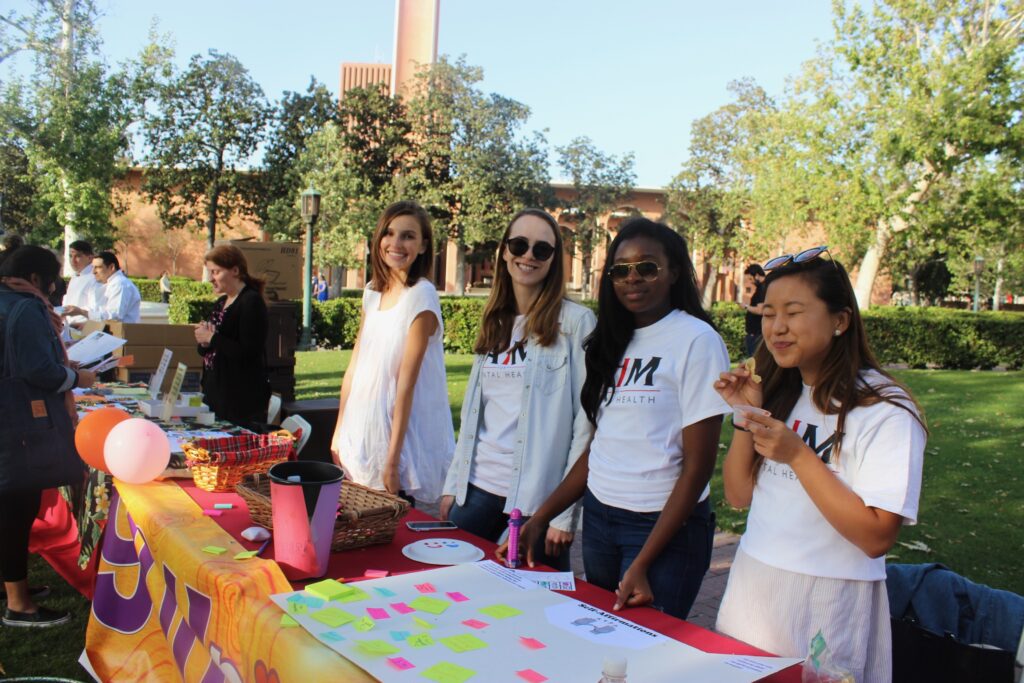
The PERMA Model includes five elements: Positive Emotions, Engagement, Relationships, Meaning, and Accomplishments. By exploring these five elements, you too can not only survive but thrive in college.
Positive Emotions: Focus on activities that feel good
- Spend time with people that you care for (Kok et al., 2013)
- Reflect on things you are grateful for and what is going well in your life (Emmons & McCullough, 2003)
Engagement: Focus on activities that get you in a flow state
- Participate in activities that you really love, where you lose track of time when you do them (Bonaiuto et al., 2016)
- Practice living in the moment, even during daily activities or mundane tasks (Belitz & Lundstrom, 1998)
Relationships: Surround yourself with people who bring you joy and support
- Sharing your wins and celebrating success fosters strong bonds and better relationships (Siedlecki et al., 2014)
- Build relationships to foster social connections (Seligman, 2012)
Meaning: What causes and pursuits seem worthwhile?
- Get involved in a cause or organization that matters to you (Tang et al., 2022)
- Think about how you can use your passions to help others
Accomplishments: Your goals and how you can achieve them
- Set goals that are SMART—specific, measurable, achievable, realistic, and time bound (Falecki et al., 2018)
- Focus on intrinsic goals (connection) over external goals (wealth) for larger gains in wellbeing (Seligman, 2013)
If you’re about to start college, or returning to a college you aren’t totally excited about, try finding new doors behind each of these categories. You never know which one may completely transform your experience.
____________________________________
About the Author
Meadowlark Monaghan (she/hers) is a consultant using her knowledge gained as a mental health professional to act as a liaison between brands, creators, + online communities with the field of psychology and mental health. She also co-hosts the personal development podcast, Thoughts May Vary. Her work has been seen with Madhappy, Local Optimist, The Mayfair Group, Lonely Ghost, AIM Youth Mental Health, NAMI San Diego and more.
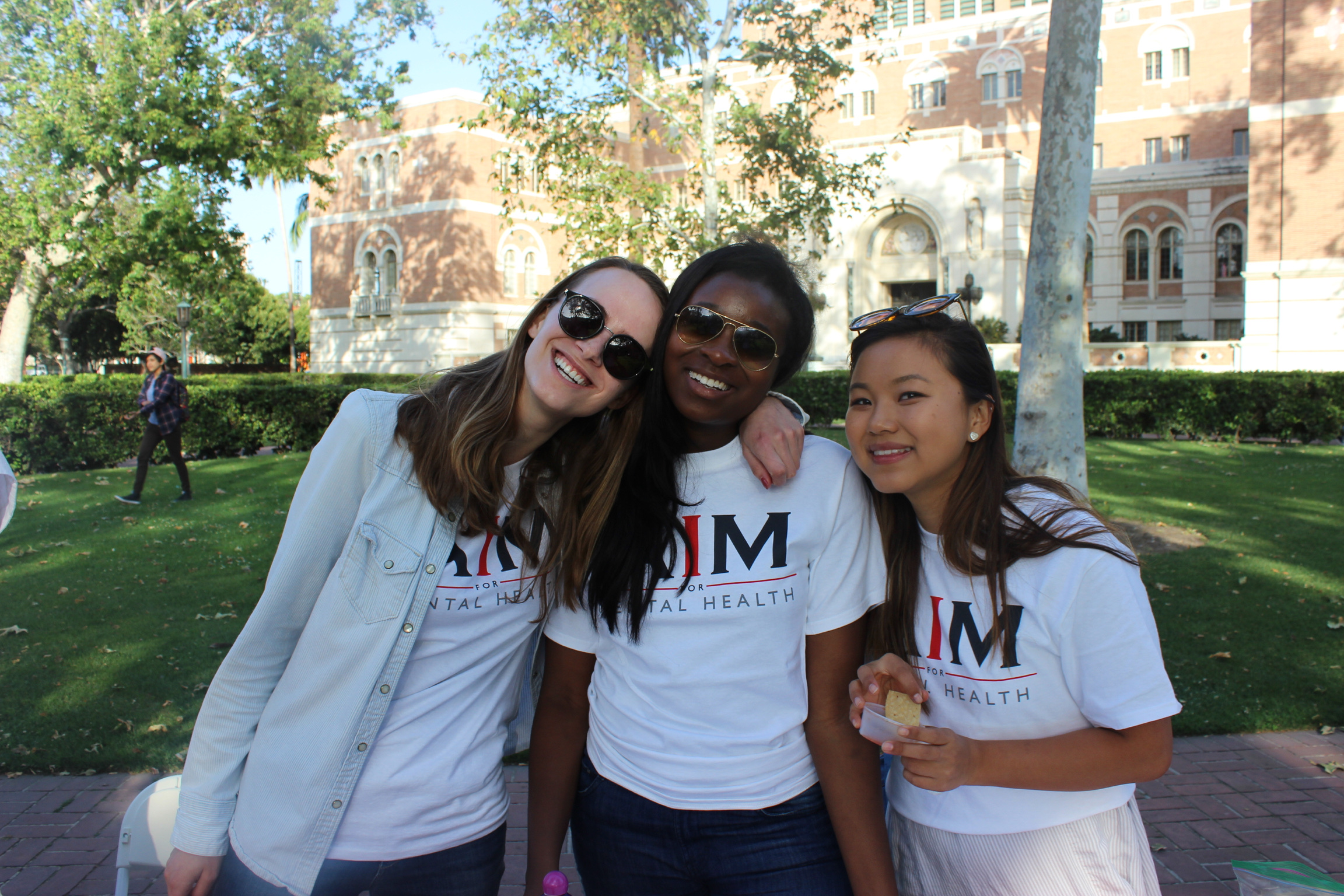
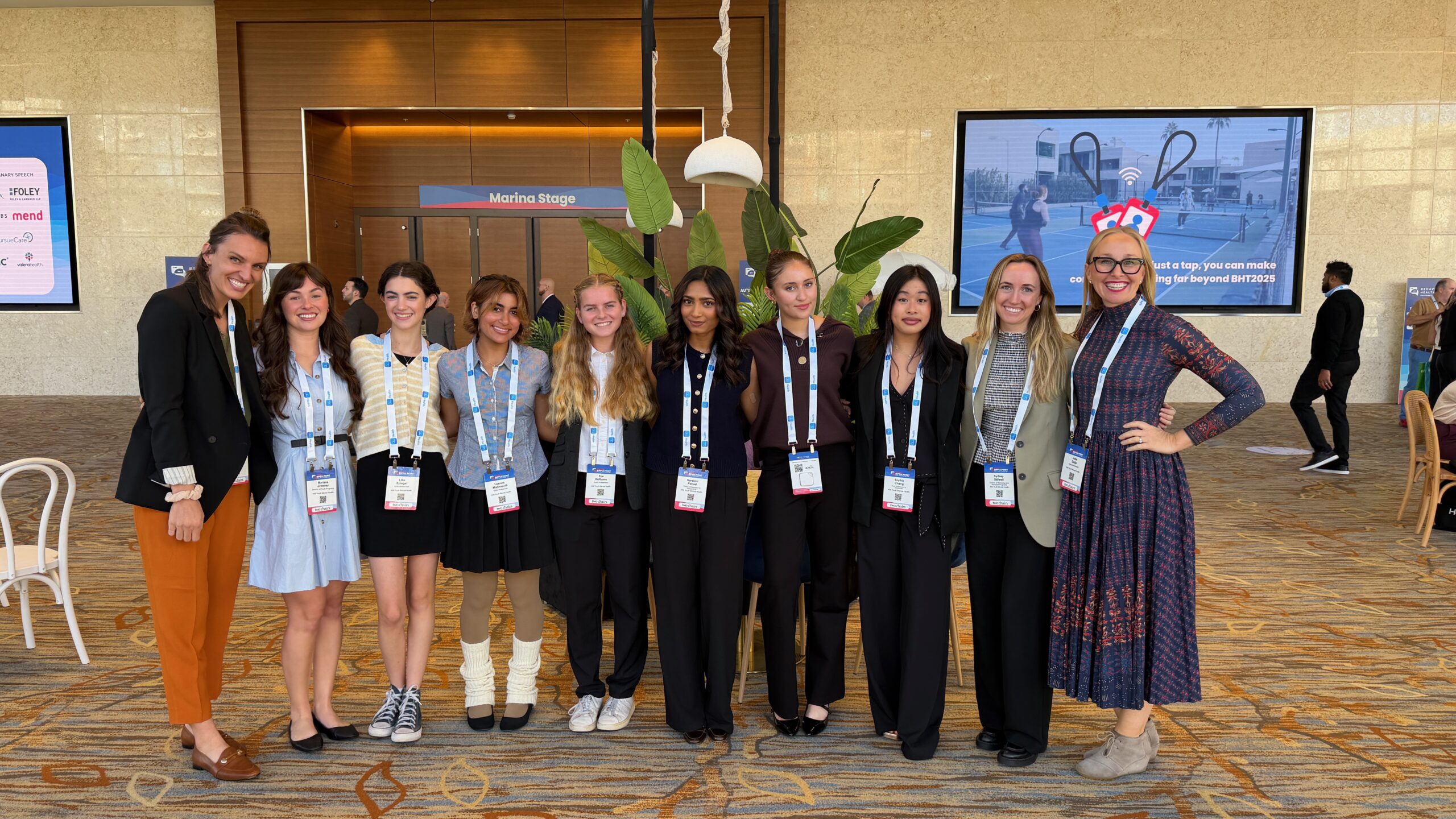
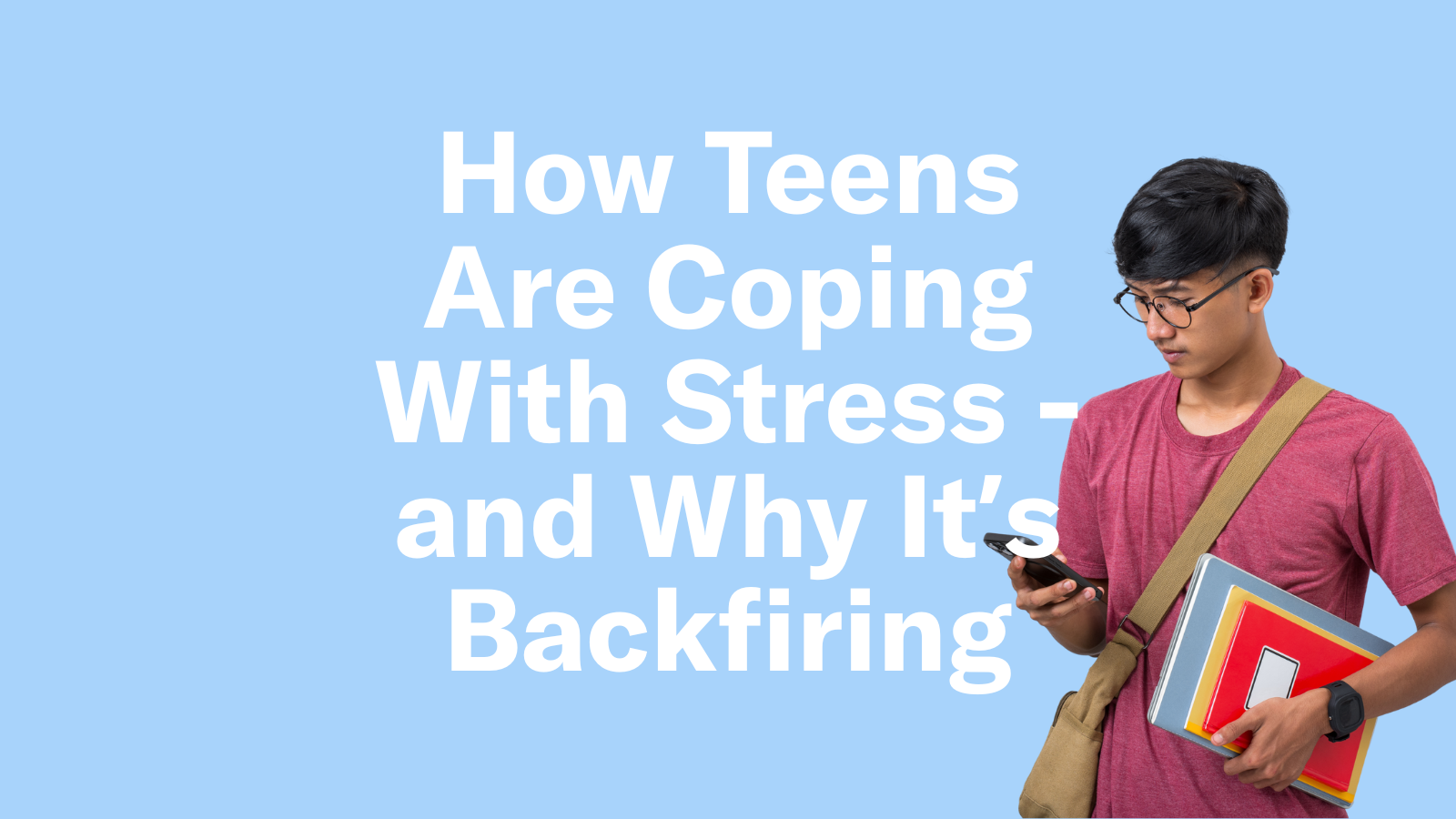
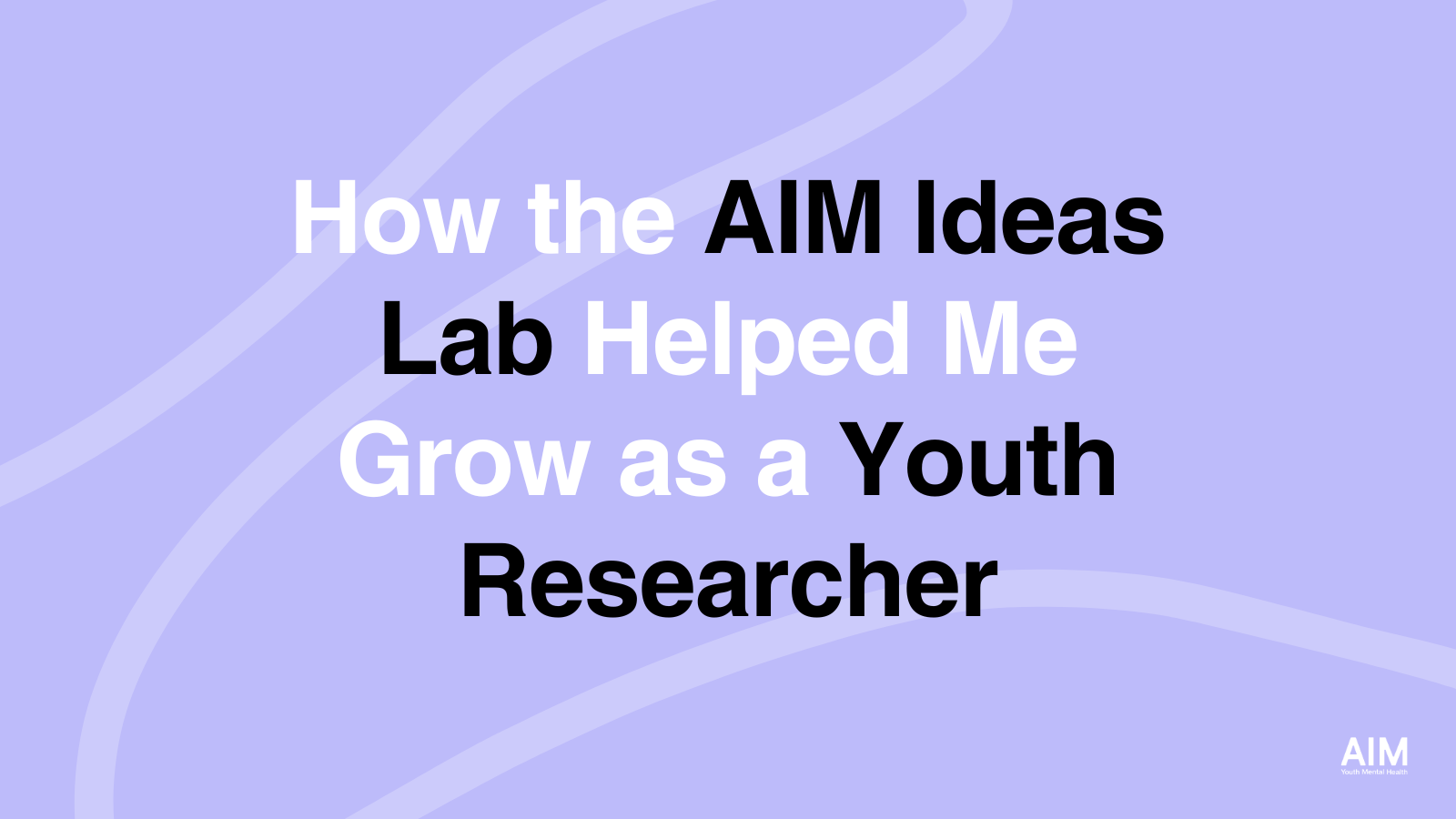


2 Responses
I just sent this article on to two of my college age grandsons. I’m a retired psychologist living in Santa Cruz County. Marty and I were in high school together.
That is great to hear! Thank you for sending it on. I hope they learn from the article.